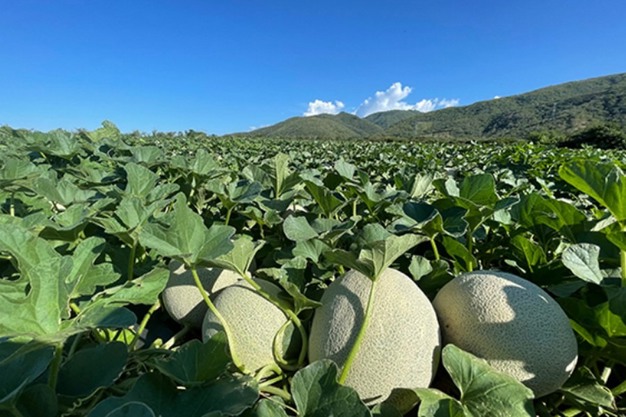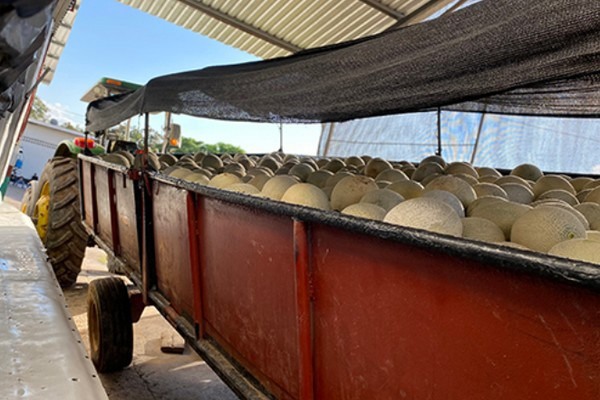Production of both cantaloupe and honeydew melons is underway in Yuma, Arizona. "Our California production finished two weeks ago, and we started in Yuma almost simultaneously as part of the continuation of our melon alliance with Westside Produce. Yuma will run for approximately the next three weeks," says Tom Ferguson, vice president of sales at Classic Fruit Company.

That supply will overlap slightly with the first offshore melons from Guatemala, which will arrive via Florida the week of November 11th. Cantaloupes from Guatemala will start about a week later this year compared to last season and honeydews from there will start a week after cantaloupes. "I don't see any interruption in supply because there have been no weather issues to contend with. So I think it will be a smooth transition from domestic production to offshore melons," says Ferguson.
Demand for melons has been good. Out of Arizona, cantaloupe sizing is running smaller which means there's limited supply on larger cantaloupes. However, the opposite is true on honeydews. "Larger honeydews are the primary sizes, including jumbo fruit," says Ferguson.
Foodservice driving movement
He adds that demand at this time of year levels off to where foodservice demand is the primary driver for melon movement, with retail coming in second on demand as the holiday season approaches. "The volume has dropped off significantly from California where there's now enough supply to take care of what's needed in the industry which is heavily weighted to program business," says Ferguson.

That means good markets are anticipated and in fact, are already being seen on fruit out of the desert at around $13-$14 on larger sizes. The initial melons from Guatemala are expected to be priced around $16-$17. "So even though demand levels off, the markets should still show strength," he says.
While Classic Fruit's supply from Guatemala will be consistent this season, there are industry reports that there is less melon acreage in both Guatemala and Honduras. "Overall, I think the production has been reduced to help profitability with some growers/shippers," says Ferguson. "I believe some may have been growing more than what the industry could support and are making a calculated decision to help offset higher costs to grow and ship melons."
 For more information:
For more information:
Tom Ferguson
Classic Fruit Company
Tel: +1 (954) 426-0775
[email protected]
www.classicfruit.com
